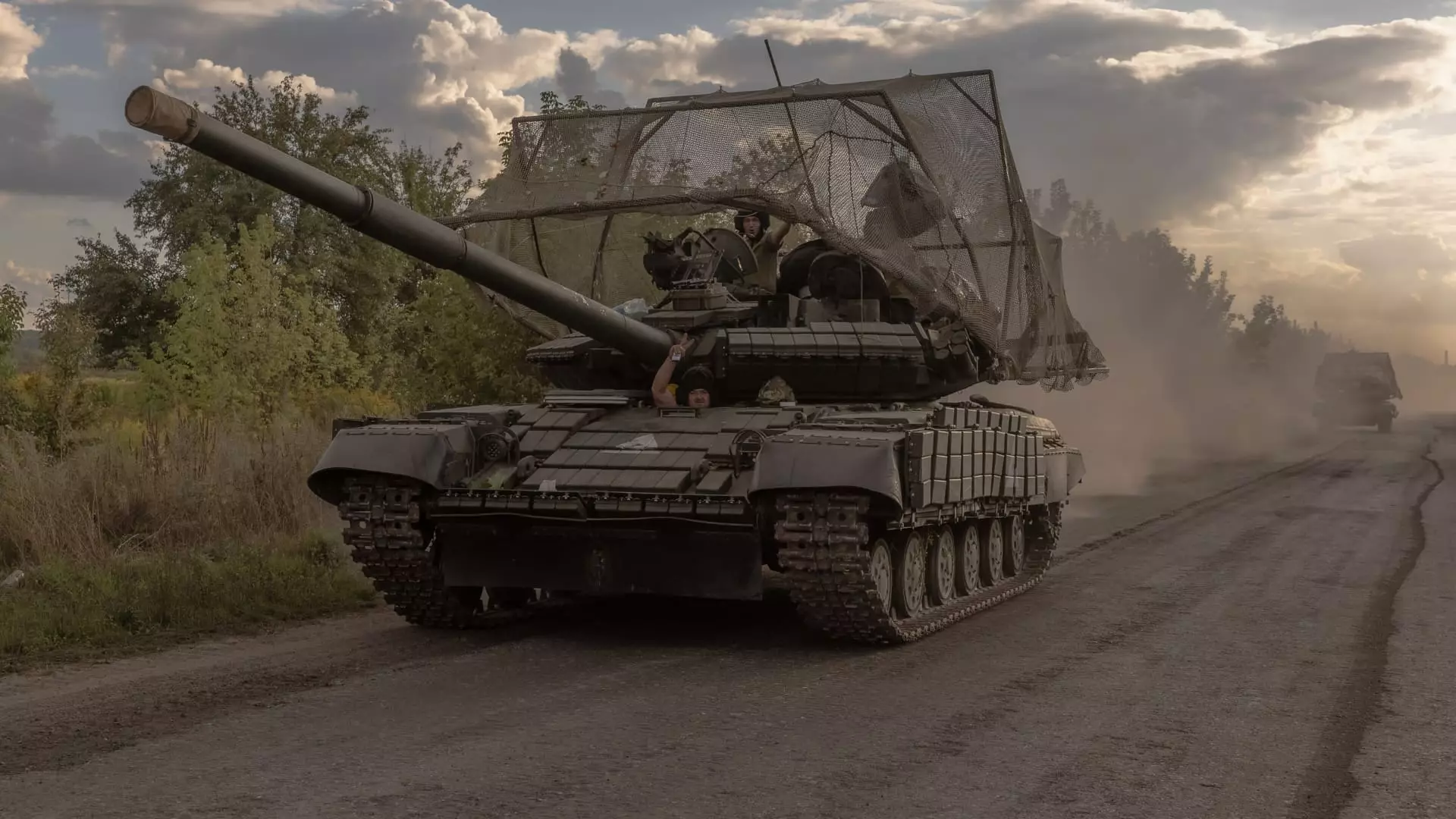As global power dynamics shift and geopolitical tensions escalate, the urgency for a robust and independent European defense strategy has never been more critical. The European Union (EU) finds itself at a pivotal moment, tasked with rising above the rhetoric of cooperation and making decisive, actionable commitments to bolster its defense financing. This week, EU leaders are set to meet in Brussels, a gathering that has become a litmus test for their mettle and resolve in supporting Ukraine amidst a backdrop of strained transatlantic relations with the United States. The aforementioned meeting is not merely an obligation but an undeniable necessity in the face of potential existential threats.
The friction in U.S.-European relations is not a new story, but recent events have further strained this fragile alliance. Vice President JD Vance’s recent comments in Munich, which publicly criticized European leadership, underlined an emerging narrative of American skepticism towards Europe’s commitment to its own defense. Following these remarks, a fraught discussion between U.S. administration officials and Ukrainian President Volodymyr Zelenskyy only intensified the uncertainty surrounding Europe’s security. The transatlantic rift exemplifies a reality that many in Europe are hesitant to face: they cannot afford to rely indefinitely on U.S. support.
As Europe encounters aggressive posturing from Russian President Vladimir Putin, the need for a self-sufficient and powerful European defense strategy becomes paramount. European leaders must take the initiative, learning from past mistakes and preemptively addressing the threats of tomorrow. With rising defense spending as a critical undertaking, bold actions are essential to foster not only military capabilities but also a cohesive identity for Europe on the global stage.
The recent discussions regarding updating EU fiscal rules illustrate a burgeoning recognition that traditional budgets may no longer suffice in meeting contemporary threats. This recalibration is an encouraging sign, yet it is merely a precursor to a more profound transformation in defense financing. Reports suggest that the expected announcement around “concrete measures” on military support will aim to unshackle member states from the constraints that often hinder robust investment.
Nevertheless, as compelling as these initiatives seem, they must be followed by unwavering commitment and accountability from all member countries. An EU that achieves partial measures without embracing the radical overhaul needed for sustainable defense spending risks undermining its own future. The need for a comprehensive approach that considers collective action—including the potential for joint borrowing—should not be dismissed. The reallocation of existing resources, as proposed by several analysts, offers an avenue for establishing steady funding, shielding defense spending from the vagaries of individual national decision-making.
While the call for enhanced defense capabilities is loud and clear, the skepticism surrounding political promises cannot be ignored. Europe’s struggle with consistency in defense policy and capability development raises a question of whether these forthcoming measures will translate into substantial change or remain merely aspirational. As NATO Secretary General Mark Rutte aptly noted, posturing with a target of 2% GDP for defense spending may, in fact, fall short of the requirements for an effective military deterrent given the evolving threats from adversarial powers.
For Europe to avoid falling victim to the old adage of “too little, too late,” it must not just aspire to spend more but to spend smartly and strategically. The EU needs a commitment to quantitative and qualitative improvements that resonate at every level—from troop numbers to technology and innovation. This will not just require financial resources; it will demand a cultural shift within member nations towards defense awareness, appreciation, and unity.
A telling report from the think tank Bruegel revealed a staggering figure: Europe may need an additional 300,000 troops and an annual spending increase of at least €250 billion to adequately deter Russian aggression. Disturbingly, these numbers highlight the extent of the challenge ahead, illustrating a gap between current capabilities and the defense posture necessary for the future.
While the statistics alone may seem daunting, they also bear a clarion call for Europe to empower its citizens with a renewed sense of purpose around national and continental security. Collaboration between member states to achieve these ambitious goals could unify Europe’s defense efforts and generate a collective willpower that has so far been lacking.
The road ahead is fraught with difficult decisions, but engaging in open dialogue, inclusive decision-making, and strong collective action may indeed transform Europe into a formidable defender of its own strategic interests. Now, more than ever, European leaders must demonstrate the courage to break free from the shackles of complacency and move decisively towards the establishment of a robust and lasting defense framework.

